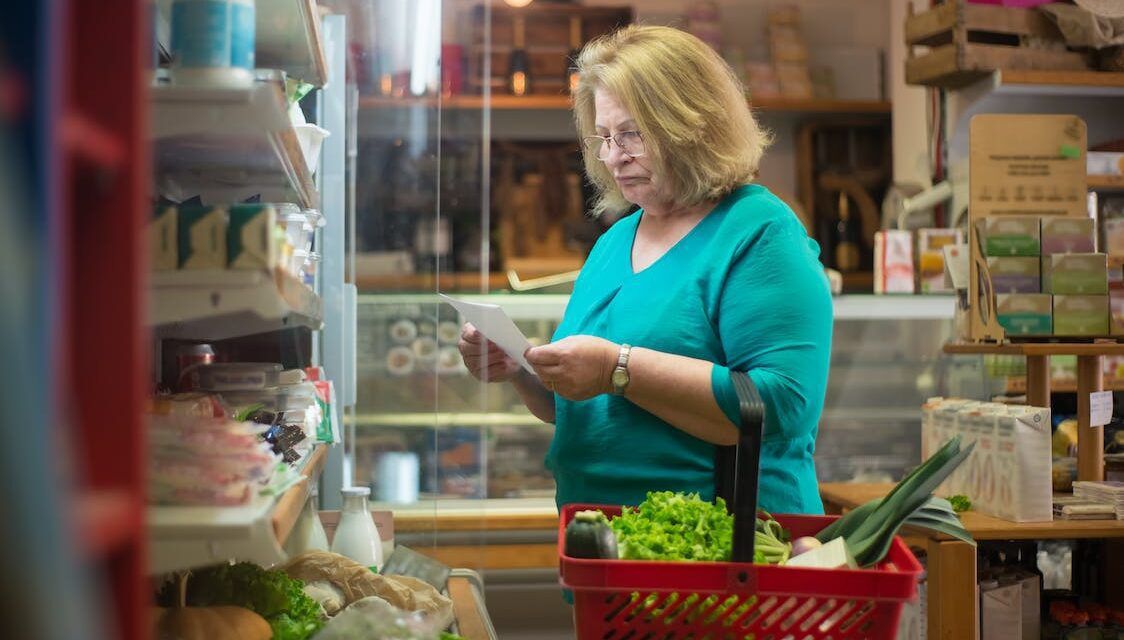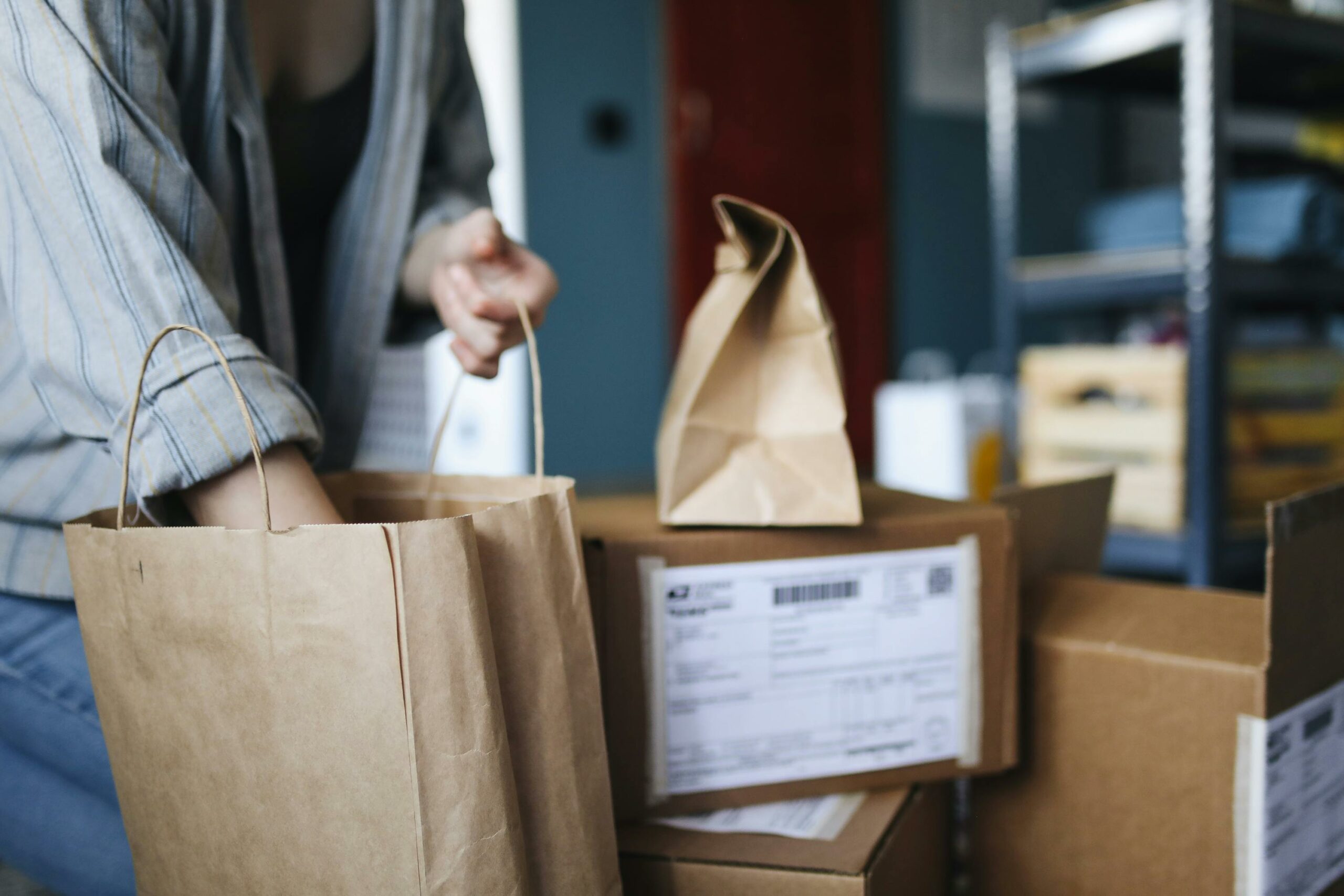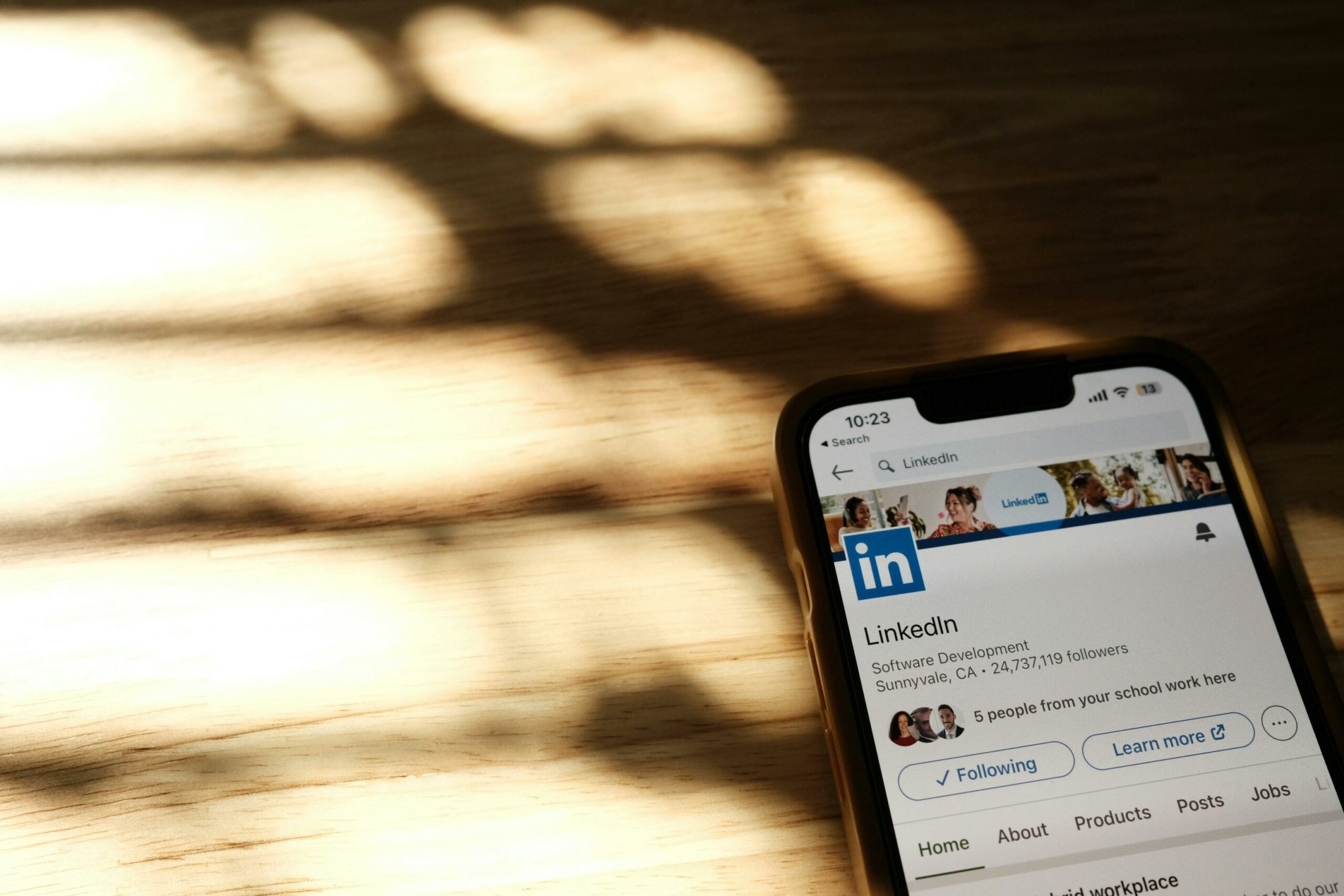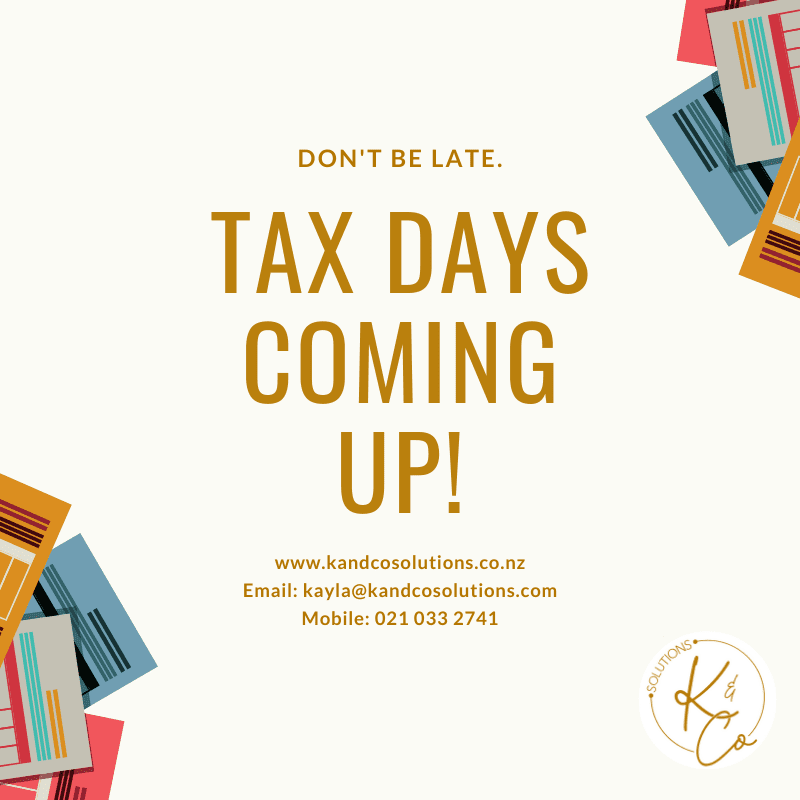Statistics suggesting that grocery prices have increased 7 -20% over the last year do not reflect the reality, with many Kiwis reporting that their food bills have almost doubled—a scenario some predict will lead to deteriorating health conditions for New Zealanders.
Financial coach Shula Newland, who works with struggling families across New Zealand, said that after she noted her grocery bill had doubled, and that many of her clients were in hardship, a poll of more than 200 Kiwis confirmed that things are tougher than official statistics suggest.
“It is not a good time for failures like Supie because it reduces competition and that does not help prices. It also illustrates that Kiwis need to think long term about things like losing their jobs and what they have in place if that were to happen,” Newland said.
Forty-three per cent of those polled said their food bills were up from $289 a week to over $400, while 45% of those polled confirmed price increases of around 20%, Just 9% said that their food bills had not increased by much because they were really careful with their money; three per cent said they have changed their habits and reduced spending.
“The lesson here is that people who prioritise healthy foods because their health is important to them are likely the people experiencing a doubling in prices. What it also means is more people will be buying cheap carbohydrate-rich foods which contributes to obesity, diabetes and other health issues.
“The problem is bigger than money and the cost of living; its about people being able to afford to eat healthy. Unfortunately, sugar is cheap. Protein fills you up, but meat and fish are expensive.”
Newland said the flow-on effect of the cost-of-living impact on grocery bills is that more people—and she knows from experience that some families are eating noodles daily—have higher levels of sickness, low energy levels and more mental health problems.
“It’s no good telling people to shop around, to hunt down specials and look for bargains because it costs money in petrol and time, but locating a grocery store that appears to be consistently cheaper than most others is one way to go.
“Another suggestion I’ve heard is to buy in bulk, but you need good cashflow for that so it’s not really practical.”
Newland said true financial control comes from habit change.
1. Don’t rush to pay off debt
Meet your obligations but don’t rush to pay debt off before due date.“The traditional advice was to pay down debt like credit cards to reduce interest payments, but most people are not able to pay down debt. This means they may end up simply going back to the credit cards to get by and it all starts again.”
2. Start a savings habit
Newland said it is better to get into a savings habit because savings may be what’s needed when something happens like losing your job.
“The folding of Supie shows us that this is a very real risk, and we all need to be prepared. A healthy savings account will help you get through.”
3. Consider a second job
Newland said that in some cultures, a second job to get ahead financially is considered normal.
“If your relationships and mental health can wear it, get a second job and save the money you make.”
Newland said some people she has met are so worried about retirement that they’re not spending any money.
“As in everything, there needs to be a balance. Avoid extreme behaviour, particularly when it comes to spending.”
Ends.













